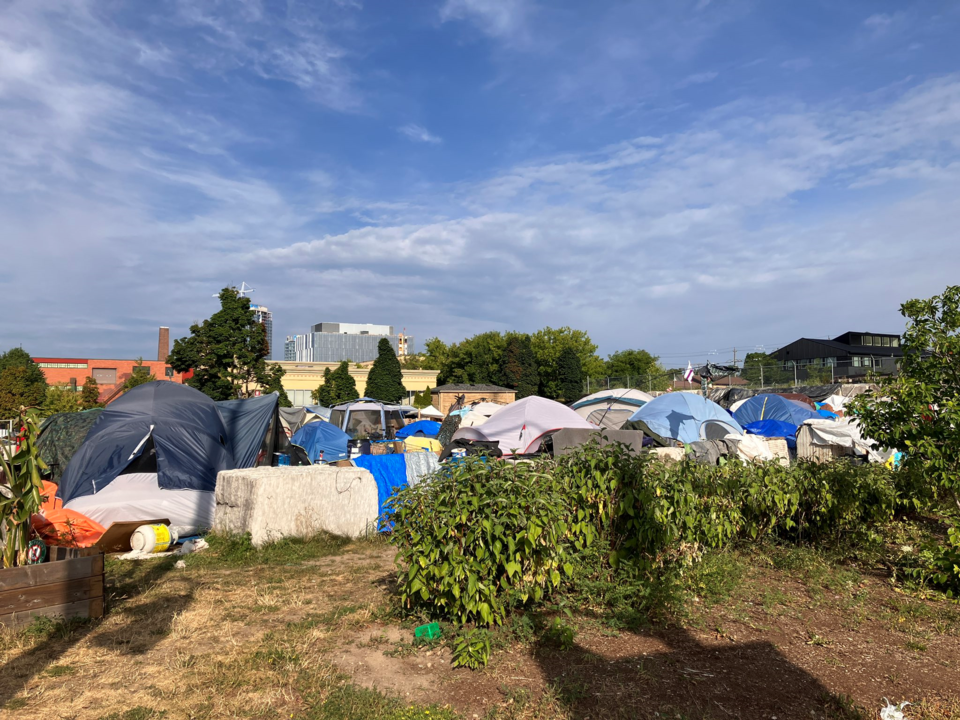A sanctioned encampment will become reality in our region.
Regional council has unanimously approved measures aimed at fighting homelessness, including allowing a first-ever region-run encampment.
Regional staff describe it as a "managed hybrid shelter/outdoor model."
"Imagine an environment where... there's some support staff. There is some consideration on the number of people who are there. There are some rules in place. There is some connection with the eligibility list, in terms of ensuring for those who need additional supports, we have those wraparounds, that staff are involved in some way," said Commission of Community Services, Peter Sweeney at a regional council meeting on Thursday.
Regional Councillor Elizabeth Clarke described the housing option as "explicitly interim" and "not the solution to homelessness."
The region's interim homelessness response plan also includes: expanding the transitional housing program, expanding home-based supports to help people access affordable housing, and creating more emergency shelter space.
Delegates to council on Thursday supported the measures, but also pointed out the irony in the region's efforts to evict the encampment at Weber and Victoria in Kitchener.
In July, the region filed court papers to seek a court order, arguing the residents violate a bylaw for region-owned land.
"You cannot claim to be working on behalf of these people for their wellbeing while suing them," said Megan Snyder.
"I urge you to stop the court application. The application is inconsistent with the tone and intention of this new approach that the region is proposing," said Robert Deutschmann.
"As we currently have our legal action against the encampment, it is all sadly just for show," said Brooklin Wallis.
Kevin White told councillors the court case continues the criminalization of homelessness.
Regional staff estimate costs of the region's interim homelessness response plan at over $10.2 million.
"It creates certainly a very challenging budget for us as we get deeper into the 2023 budget process," said Chief Financial Officer, Craig Dyer.
Councillors voiced concern about how the region will pay for the plan.
"To me, it feels like the upper levels of government have been missing in action, not hearing or understanding this humanitarian crisis that so many urban centres across Ontario are experiencing," said Regional Councillor Jim Erb.
The region is planning to advocate to provincial and federal governments for "incremental, sustainable, and predictable funding to support interim and long term solutions to eliminate homelessness."
"What I'm angry about is that the province is not meeting their obligations," said Regional Councillor Tom Galloway.
"We have to do this for our community, for our citizens that need this level of service. But, this is not right, in terms of where the money is coming from."



